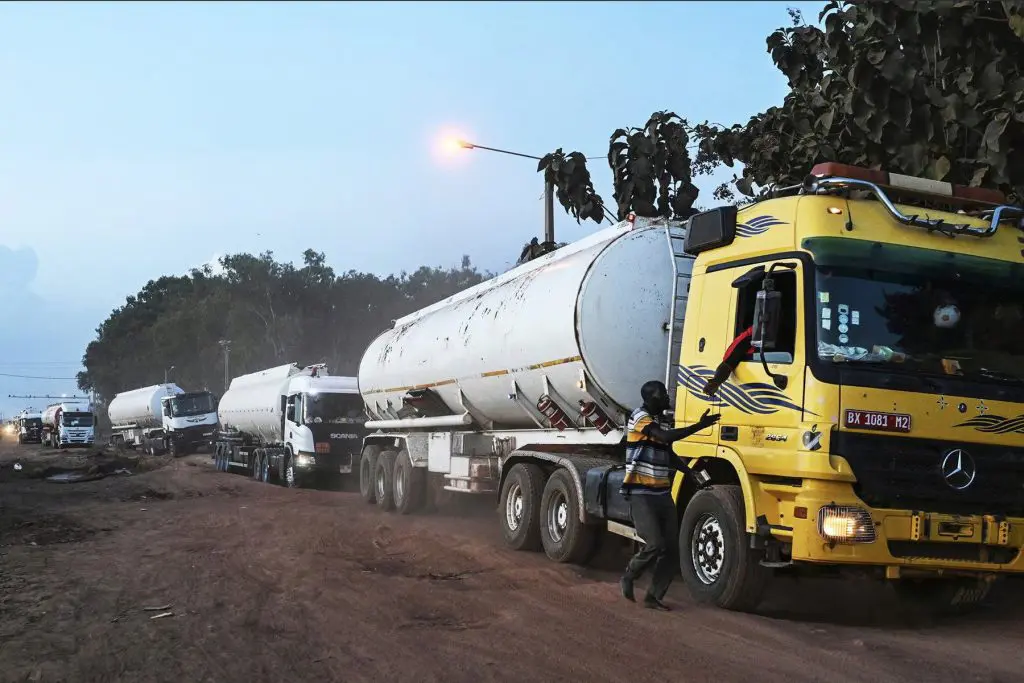BAMAKO — Mali has received a much-needed consignment of fuel from neighbouring Niger, bringing temporary relief amid one of the country’s worst supply crises in years.
The convoy, consisting of 82 petrol tankers, arrived in Bamako over the weekend after a grueling 21-day journey from Niamey, covering more than 1,400 kilometres through areas plagued by insecurity.
Fuel transportation in the region has been particularly hazardous due to repeated attacks by al-Qaeda-linked militants.
Mali has faced a crippling fuel blockade for over two months, imposed by Jama’at Nusrat al-Islam wal-Muslimin (JNIM) militants.
The insurgents have repeatedly targeted convoys since September, disrupting supplies, slowing economic activity in the capital, straining transport services, and increasing pressure on the military-led government.
To help alleviate the crisis, Russia has pledged to supply Mali with between 160,000 and 200,000 metric tonnes of petroleum and agricultural products.
Its Africa Corps reportedly provided armed escorts to protect the fuel convoys from potential hijackings along vulnerable routes.
Niger, Mali, and Burkina Faso—three countries confronting long-running jihadist insurgencies—formed the Alliance of Sahel States last year.
The bloc has cut military and political ties with France, withdrawn from ECOWAS, and strengthened cooperation with Russia in their fight against armed groups operating across the region.
The fuel shortage has had far-reaching consequences in Mali. Some fuel stations in Bamako closed, forcing residents to walk, rely on motorcycle taxis, or stay home.
The government previously suspended school and university classes nationwide for two weeks due to the blockade.
Analysts have described the insurgents’ actions as part of a broader campaign to pressure Mali’s military-led government by cutting off its economic lifelines.
Russia’s delegation to Mali, headed by Alexey Keulika, did not specify the exact types of petroleum products being delivered or the timeline for their distribution.


